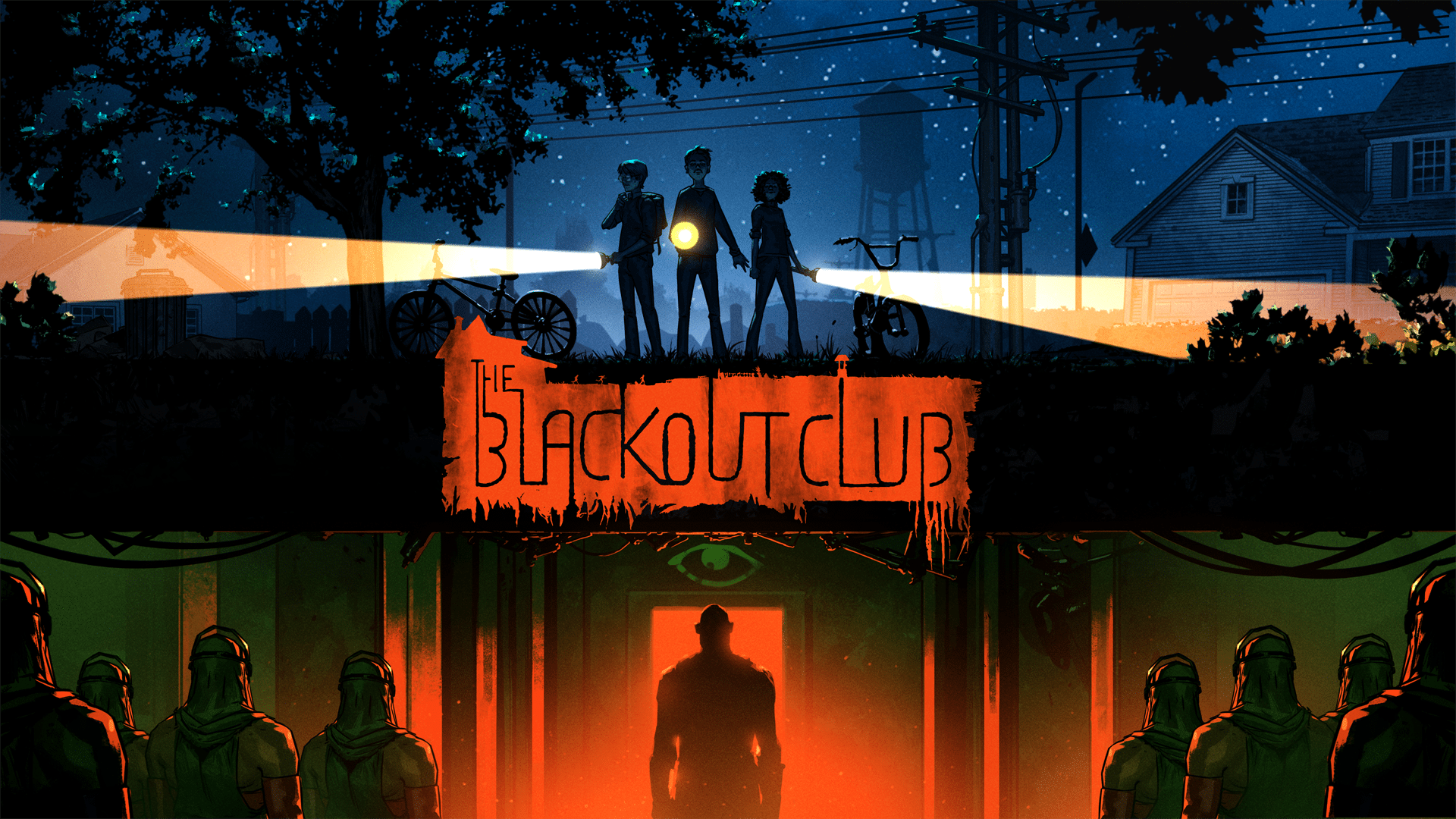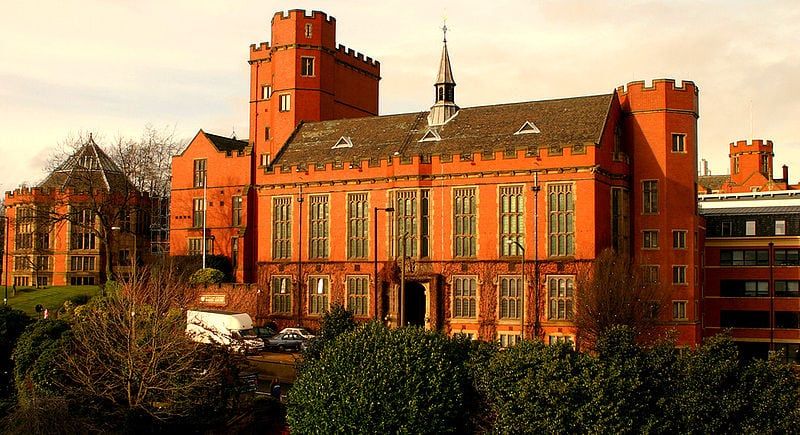Epic Games live up to their name with Fortnite’s latest update
On February 21st, Epic Games rolled out a rather significant update for the immensely popular Fortnite.
As well as some welcome quality-of-life changes such as allowing players to build through trees and other objects, the update kicked off Season 3 of Battle Royale, which brings new cosmetic items for players to unlock.
The update proves beyond all doubt that Epic Games are more than capable of keeping the Fortnite phenomenon alive with updates and support, prioritising player engagement without succumbing to the slippery slope of aggressive monetisation.
The first thing likely noticed by players was the performance upgrades. The game now runs in 60 fps and the moment-to-moment game play is noticeably smoother and more responsive as a result. Epic Games also removed the depth of field effect which used to blur distant objects, meaning the island now appears visually striking with its drastically improved sharpness and clarity.

The update added a coat of paint to a wildly successful game, but it’s the other additions that have made me enjoy playing more than ever.
I am talking, for example, about the Battle Pass players can purchase for around £10 that gives them access to a great deal more cosmetic items as they level up through Season 3. Epic Games could have charged exorbitant rates for access to cosmetic content and fell back on Fortnite’s free-to-play status as justification — just look at World of Tanks which last year charged $80 for what many players labelled as a game-breaking, pay-to-win item.
Instead, players must simply pay a small one-off fee and they are able to unlock plenty of available content by levelling up — a nice system which allows paid content whilst preserving the rewarding feeling of progression. The Battle Pass even gives the player plenty of in-game currency, V-bucks, which can be saved up to purchase next season’s Battle Pass without spending more real money.
Put simply, Fortnite’s monetisation model is jaw-droppingly reasonable when compared with the the majority of other popular titles from the last couple of years.

Another great feature of the Battle Pass is the challenges it offers — each week, seven challenges are issued to players which offer rewards upon completion. Some are very unique and enjoyable, such as finding a treasure map in one part of the island and having to figure out its location and hunt it down in subsequent matches.
Interestingly, the more important challenges are actually those that at first seem very average and run-of-the mill. One asks players to get a certain number of kills in one area of the map or open a certain number of chests in another. These challenges actually drastically change the meta game week-by-week, putting an end to the predictable flow of action in the same popular spots by forcing players to land in other locations to complete challenges.
My only concern for the future of Fortnite is in the weaponry and game modes that are added to Fortnite Battle Royale seemingly, ironically enough, once a fortnight.
New weapons are fun, such as the crossbow released for Valentines Day and the hand cannon that came with the Season 3 update, but the overwhelming frequency of new items is devaluing their impact.
The newest update hadn’t even been out a whole 24 hours before Epic Games announced a jetpack would soon be added to the game, as if the developers are terrified that the current Fortnite mass hysteria will slip through their fingers if players aren’t distracted with shiny new toys every couple of hours.
The game modes are less of a concern, as the ‘Floor is Lava’ one that has been announced sounds like an innovative idea and a great time. However, the game mode added with the latest update simply takes chance out of the loot chests to make every single weapon the highest quality tier.
The game mode, titled ‘Solid Gold’ carries the same appeal of Christmas occurring every single day which, despite the sentiment expressed by the the popular song, would become boring and repetitive very, very quickly.

Again, I think the most recent update is incredible and Epic Games are doing a stand-up job of tweaking and maintaining Fortnite Battle Royale. My only advice — to the hugely successful developers who almost certainly don’t need it — is to ever-so-slightly cool it with the influx of new items.
My concerns will perhaps prove to be unfounded when developers take action on plans to remove older weapons from the game to prevent the loot pool from growing too large. Until then, the impending addition of the jetpack will be a telling test of Epic Games’ ability to maintain such a high volume of game-changing additions without unbalancing and over-saturating the meta game.






























![Afzal Khan, currently an MEP, will stand for Labour at the Gorton by-election [Photo: Wikimedia Commons]](/wp-content/themes/yootheme/cache/db/Afzal_Khan-dbedf330.jpeg)
